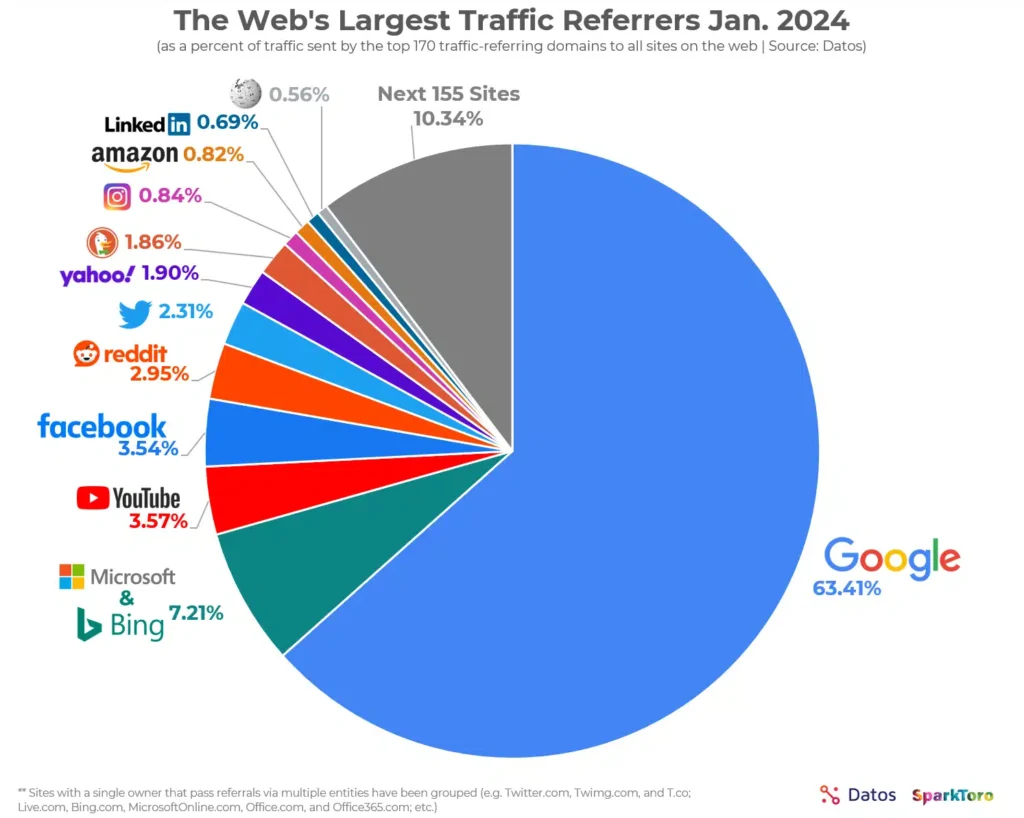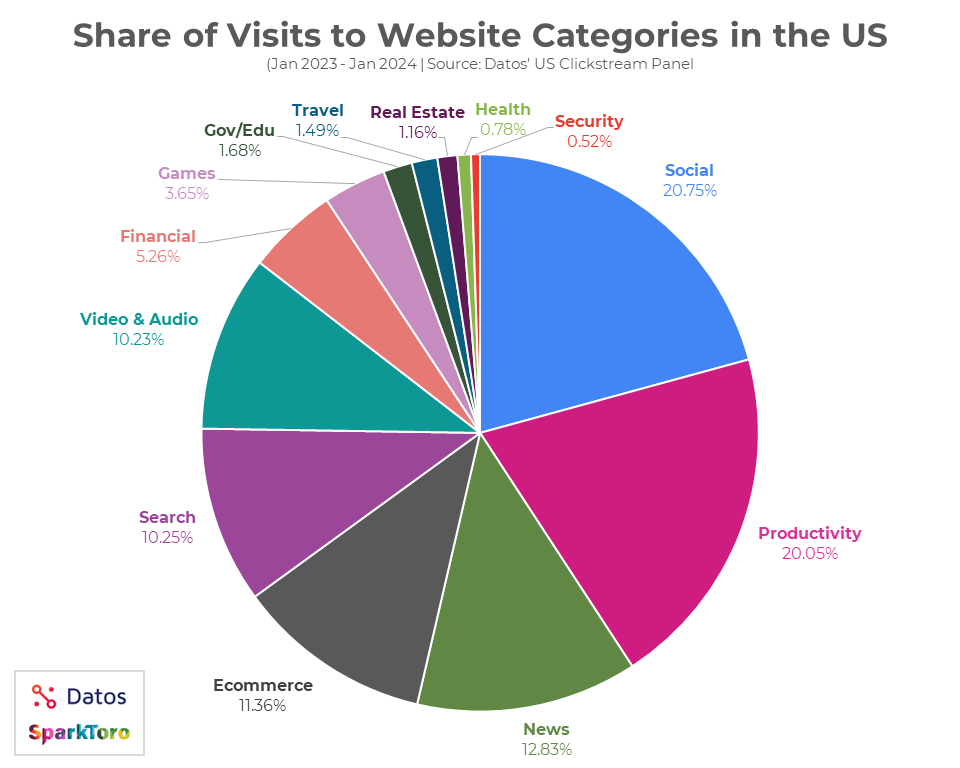It’s often true that pain can make you a better person. Even with your body, broken bones end up stronger than they were before the break (at least for a while).
However, sometimes intentional pain can be a good thing. In his book “Secret Tradecraft of Elite Advisors“, David C. Baker explains how professionals can be like physicians, saying:
“I want you to be like the physician who (hesitantly) hurts patients in pursuit of making them well. I don’t want you to be the money-grubbing, power-loving consultant who wants adoring followers.“
Or, as I’ve heard elsewhere, “surgery is simply hurting your body in a very specific way“.
In Baker’s case, he was sharing how professionals need to push hard in order to help their clients succeed. Strategies need to be set, tactics need to change, and you’ve got to work hard. The end result will be a successful engagement, even if the middle gets a bit painful.

